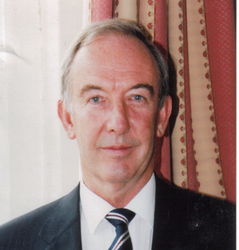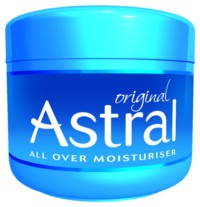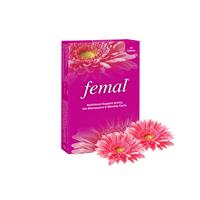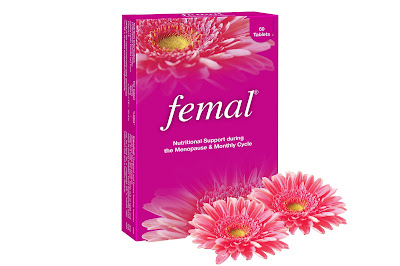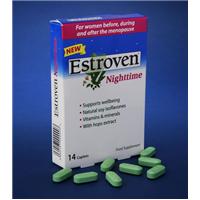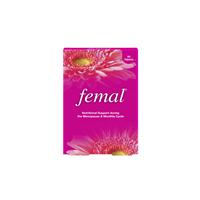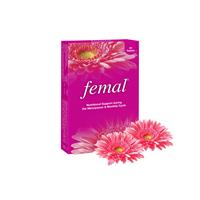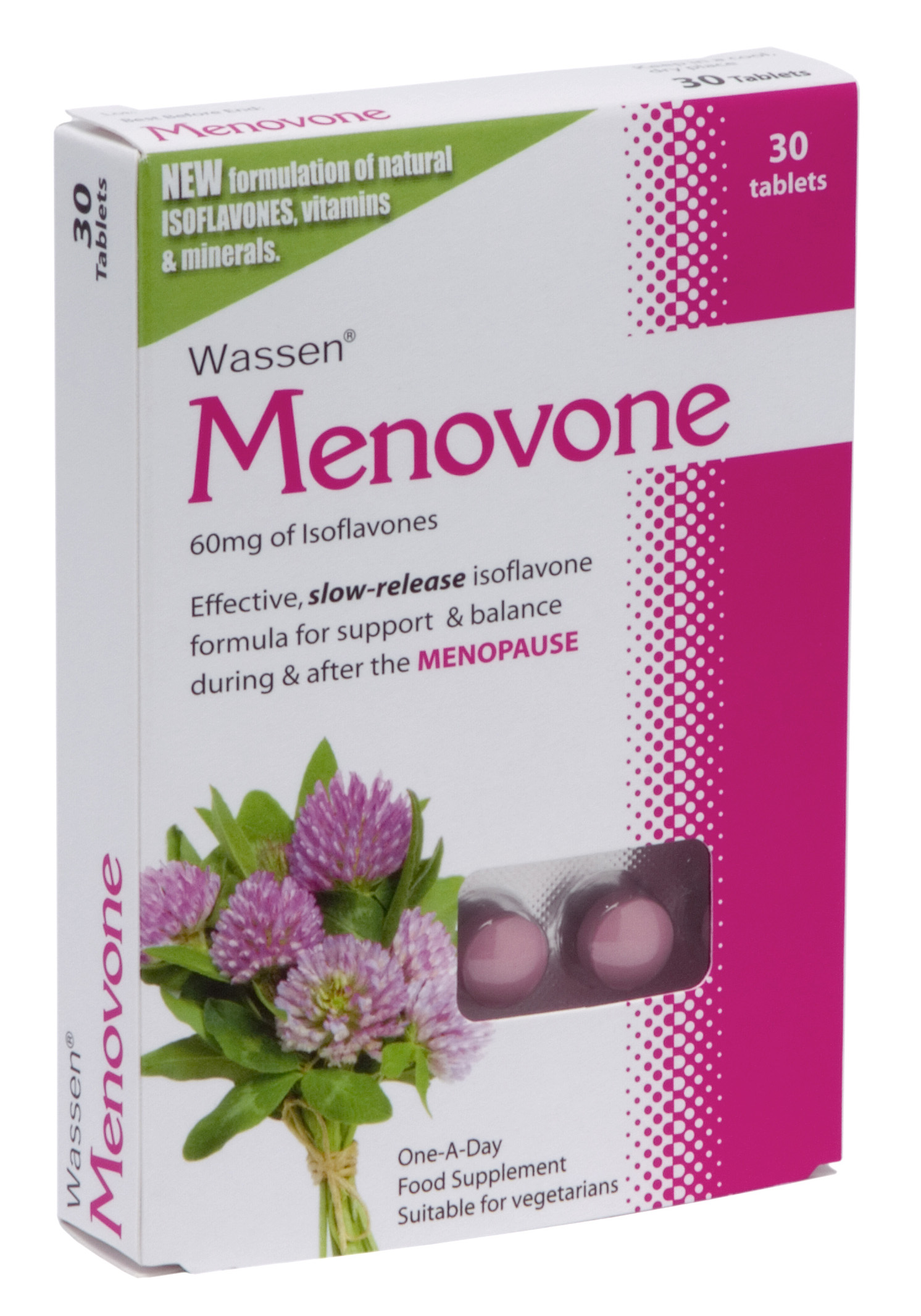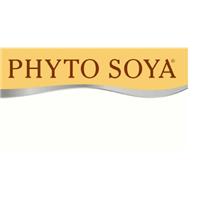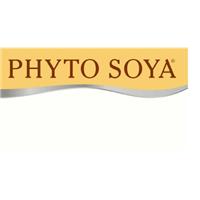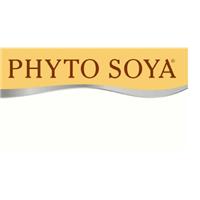BRITTLE NAILS? BLADDER WEAKNESS? BRAIN FOG? THESE ARE LESS COMMON SYMPTOMS OF THE MENOPAUSE HOW TO MOVE THROUGH THE MENOPAUSE NATURALLY
by Dr David Edwards, Trudy Hannington, Suzie Sawyer
FACTS & STATS
Did you know there are over 30 different symptoms that can be attributed to the menopause3 from common symptoms such as hot flushes, night sweats and mood swings to the more obscure including brittle nails, bladder weakness, brain fog and even changes in body odour? This can make it difficult for women to understand what’s attributable to the menopause and what’s not.
Three quarters of women in the UK say the menopause has caused them to change their lives and 51% say menopause has affected their sex lives. A staggering 42% of women also said that menopause symptoms were much worse than they had anticipated.
Research shows that women experience the menopause in many different ways and much is influenced by their personal, family and sociocultural background. While for some women the menopause symptoms seem never ending, there are many natural solutions on offer to women that can make a really positive difference and ease the many menopause woes.
GP, Dr David Edwards, Psychosexual Therapist, Trudy Hannington and Clinical Nutritionist, Suzie Sawyer share some of their tips, bust a few myths and provide some natural and effective answers to menopause challenges.

Dr David Evans
GP, Dr David Edwards and a specialist in male and female sexual dysfunction notes: “Prescribed hormone replacement therapy (HRT) is a popular choice for women to help manage menopausal symptoms. However, there are many women who, either for medical reasons or personal choice, prefer not to take HRT. These women, or indeed those already taking HRT, may find it helpful to try the following lifestyle and supplementation tips. Most importantly, don’t suffer in silence and always consult your GP for a one to one consultation if you are at all concerned. Here are a few of my tips:
MOVE IT: Any exercise that stresses the bones such as skipping, can slow down the loss of bone density associated with the menopause. Brisk walking or aerobics release endorphins, the feel-good hormones in the body which can help alleviate low mood and anxiety, common feelings during the menopause years. Pilates and yoga6 are good for flexibility while pelvic floor exercises help protect against urinary incontinence as you age.
STAY COOL: Hot rooms can aggravate flushing so keep your house and bedroom temperature cool. Cutting back on caffeinated drinks and topping up with plenty of water may also help.
Try Herbal remedies – Traditional herbal medicines containing Black Cohosh and St John’s Wort have been clinically proven to help relieve common menopause symptoms. Some women find concentrating and copying with stressful situations particularly difficult during the menopause. Rhodiola rosea has been shown to help relieve symptoms of stress without causing sedation or a foggy brain. Make sure you choose one which carries the THR kite mark as this guarantees quality, safety and includes approved dosage information in-pack.
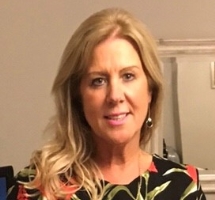
Psychosexual Therapist, Trudy Hannington
A leading Psychosexual Therapist, a former Chair of the College of Sexual and Relationship Therapy (COSRT) and committee member for the British society of Sexual Medicine, Trudy Hannington notes: “Female Sexual Dysfunction is a common problem that has been ignored and affects one in two women after the menopause. Most sexual problems have more than one cause. I regularly see women going through the menopause who start to experience sexual and relationship problems such as low sex drive, arousal problems and, in many cases, feelings of no longer being attractive or desirable to their partner. A few tips I have include:
Book a ‘Date Night’. Use the time to get know each other again and discuss what makes you both feel good. Switch off phones and other electronic devices so that you can give each other your full attention.
Be touchy. Improving foreplay and taking time with sensual massage can help improve communication. Kissing, touching and exploring each other’s bodies can help to boost libido.

Clinical Nutritionist, Suzie Sawyer
Clinical Nutritionist, Suzie Sawyer adds: “Diet forms the cornerstone of health. And this becomes even more important during the menopause when hormones are fluctuating. The right nutrition can have a big impact on hormonal health by nourishing and helping control and eliminate unpleasant menopausal symptoms. Here are a few of my tips to help ease some of those menopause woes:
Add soy products, rich in isoflavones to your diet. There is much research to suggest that eating whole soya foods rich in Japanese and Chinese cultures can have a positive effect on menopausal symptoms. However, products need to be made from whole soya rather than soya isolate or soya protein isolate to gain benefit from the isoflavones. Other isoflavone-rich foods include chickpeas, lentils and kidney beans.
Increase fibre intake. There are two types of fibre; insoluble found in wholegrains and vegetables which aid good bowel movements, and soluble found in oats, beans and fruit. Both are essential in the diet and especially to help with detoxifying ‘old’ oestrogens. Whilst it’s the lack of oestrogen causing menopausal symptoms, the body needs to effectively excrete those it’s utilised; eating a fibre-rich diet is the key
Protect your bones. As oestrogen levels fall, women are at risk of osteoporosis, therefore protecting your bones needs to be high on your nutritional plan. Interestingly, Public Health England recommends that everyone needs ten micrograms of vitamin D daily (our key bone-building vitamin) to help prevent vitamin D deficiency, particularly during the winter months. Taking a daily supplement is the best health insurance policy. Try Alive! Calcium with Vitamin D Soft Jells. Bones are also protected by eating isoflavones which naturally produce a metabolite with oestrogen-like activity called equol, so it’s a win-win situation!
Vitamin D11,12 and Magnesium also work together in maintaining bone health. Our skin produces most of the vitamin D we need when and if it’s exposed to sunlight, but you can also find it in oily fish, eggs and some fortified breakfast cereals. Magnesium, which aids the absorption of calcium, can be found in nuts, pulses and green, leafy vegetables. Try Alive! Ultra Women’s 50+ Wholefood Plus tablets.
Encourage production of the ‘happy hormone’! Depression is, unfortunately, a very common symptom of the menopause. The body makes serotonin, our happy hormone, from foods containing the amino acid tryptophan. The good news is that it’s widely available in a variety of foods including fish, wholegrains, soya, beans, eggs, bananas and oats, so make sure you’re eating some at every meal, if possible. Plus, if you’re having trouble sleeping, have a small tryptophan-rich snack before bedtime; serotonin also produces melatonin, our key sleep hormone.
PRODUCT RECOMMENDATIONS
Black Cohosh is found in MenoHerb Black Cohosh Menopause
Relief, a traditional herbal medicine used for the relief of menopause symptoms including hot flushes, night sweats and temporary changes in mood such as nervous irritability and restlessness, exclusively based upon long-standing use as a traditional remedy.
Available in Boots £10.20 for 30 one-a-day tablets.
MenoHerb is suitable for vegetarians and free from gluten, wheat, sugar and soya. Always read the label.
The unique combination of Black Cohosh and St John’s Wort can be found in MenoMood Menopause Mood Relief, a traditional herbal medicine used for the relief of menopause symptoms including hot flushes, night sweats, slightly low mood and mild anxiety, exclusively based upon long-standing use as a traditional remedy.
Available in Boots and Holland & Barrett and all good pharmacy and health food stores or visit www.menomood.co.uk . £16.99 for 30 one-a-day tablets.
MenoMood is suitable for vegetarians and free from gluten, wheat and soya. Always read the label.
Rhodiola rosea can be found in Vitano® Rhodiola tablets, a traditional herbal medicine used for the temporary relief of symptoms associated with stress, such as fatigue, exhaustion and mild anxiety, exclusively based upon long-standing use as a traditional remedy.
Available in Boots £6.99 for 16 two-a-day tablets.
Vitano® is suitable for vegetarians and vegans and is free from lactose, gluten, wheat, soya, corn and sugar. Always read the label.
ALIVE! Calcium with Vitamin D Soft Jells
Calcium, Vitamin D and Phosphorus for maintenance of normal bones, teeth and for normal growth and development of bone in children.
Contains a unique dried blend of 26 fruits and vegetables
Delicious strawberry natural fruit flavour: made with only natural fruit flavours
Available in Holland & Barrett £14.99 for 60 two-a-day soft jells.
Suitable for vegetarians and is free from gluten, soya, dairy, yeast, artificial flavours, colours and preservatives.
NEW ALIVE! Ultra Women’s 50+ Wholefood Plus
25 vitamins and minerals with adjusted levels to meet the needs of women over 50.
A unique dried blend of 26 whole fruits and vegetables
Daily greens blend of 14 botanicals.
A digestive enzyme blend including bromelain to help ease protein digestion
A cranberry concentrated extract for urinary tract health
Additional flax lignans with phytoestrogens for hormonal balance
Available in Holland & Barrett £24.99 for 60 one-a-day tablets.
Suitable for vegetarians and is free from gluten, soya, dairy, yeast, artificial flavours, colours and preservatives.

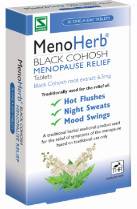
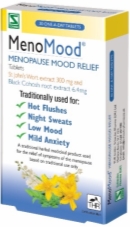
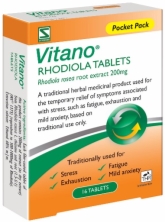
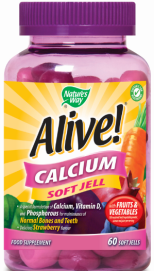

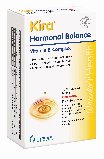
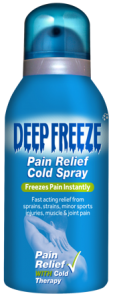
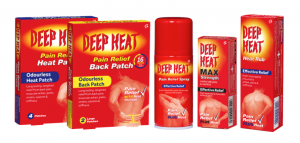

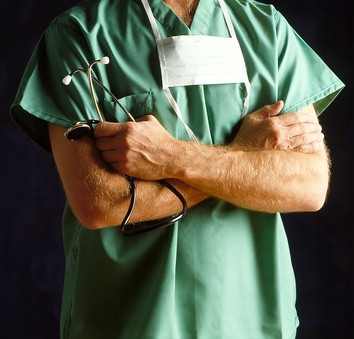


![_MG_6396[1] [320x200].JPG](http://elixirnews.com/assets_c/2010/11/_MG_6396[1]%20[320x200]-thumb-206x200-352.jpg)
